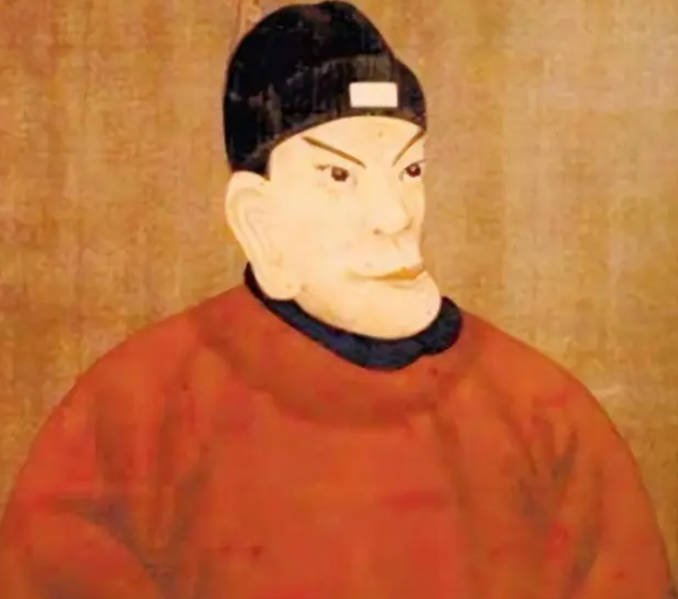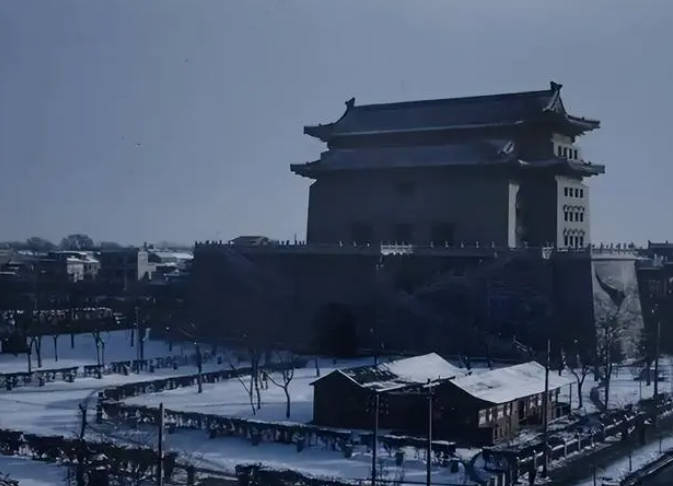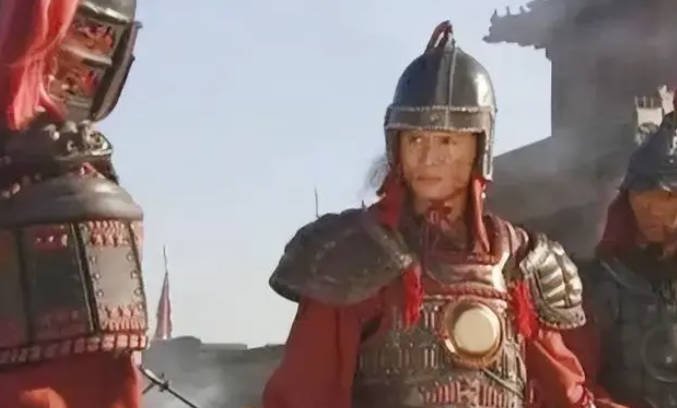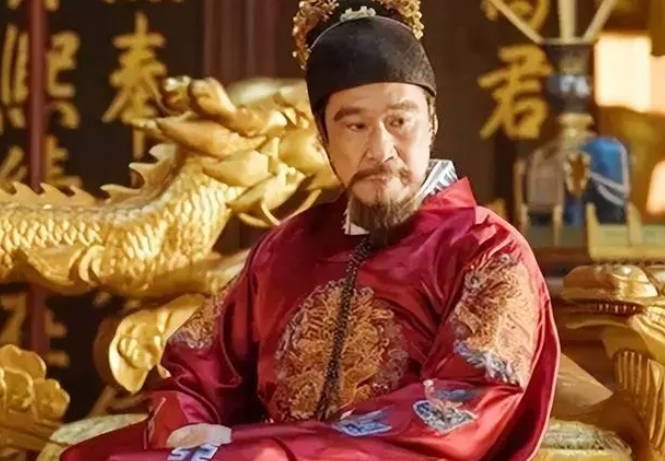Why Did Emperor Zhu Di Choose Beijing for the Forbidden City?
Emperor Zhu Di, also known as Ming Chengzu, didn’t wait long after ascending the throne before renaming Beiping to “Beijing,” making it one of the dual capitals of the Ming Dynasty. However, why did he opt for Beijing over Fengyang, which was his father’s hometown? Today, we’ll explore the reasons behind Emperor Zhu Di’s decision to build the Forbidden City in Beijing.

Zhu Yuanzhang’s Desire to Relocate the Capital
Firstly, Emperor Zhu Yuanzhang, the founder of the Ming Dynasty, established the capital in Nanjing in 1368. However, as early as 1356, Zhu Yuanzhang had already gained control of Nanjing, using it as a base for his growing power. While Nanjing was his creation, Zhu Yuanzhang had concerns about its long-term stability. He considered relocating the capital, but by the time of his death, these plans remained unrealized.

Zhu Yuanzhang had three potential locations in mind for the capital: Fengyang, Kaifeng, and Xi’an. However, during the later periods of the Northern Song and Yuan Dynasties, none of these places had the conditions necessary to establish a capital city. Compellingly, the cost of forcefully building a capital in these locations would have been substantial and unfavorable for the Ming Dynasty.

Furthermore, the unexpected death of Zhu Biao during an inspection in Xi’an left these relocation plans in disarray.
Emperor Zhu Di’s Motivation for Relocation
The first reason lies in Emperor Zhu Yuanzhang’s final wishes. Emperor Zhu Di, originally named “Taizong,” assumed the Ming throne but rejected Emperor Ming Huizong’s four-year term limit, renaming himself “Hongwu.” This move indicated that Zhu Di saw himself as Zhu Yuanzhang’s true successor.
To prove himself as the rightful heir, Zhu Di needed to fulfill Zhu Yuanzhang’s last wishes. By proposing the relocation of the capital in Zhu Yuanzhang’s name, Zhu Di aimed to gain public support. If he wavered in his decision, it could have sparked opposition from the entire court.
The second reason relates to Zhu Di’s rebellious actions, as he had committed numerous atrocities in Nanjing and the imperial palace. While some of these beliefs are rooted in superstition, during the feudal era, they held significance. Zhu Di could use this as a pretext to gain unanimous approval for his capital relocation.
Beijing as Zhu Di’s Stronghold
First and foremost, Zhu Di was appointed to Beiping (modern-day Beijing) in 1380. Over the next two decades, he worked tirelessly in Beiping, establishing his authority through strict military discipline and care for the people. Everything Zhu Di accomplished in Beiping served to bolster his position.
As an emperor, Zhu Di needed a stable base of operations to avoid constant anxiety and ensure safety. Moreover, during his time in Beiping, Zhu Di’s reputation soared. For instance, when Zhu Di rebelled, he sought assistance from Prince Ning, Zhu Quan. However, as soon as Zhu Di took action, General Li Jinglong, under Emperor Zhu Yunwen, surrounded Beiping with an army of 500,000, leaving fewer than 10,000 residents. It was a precarious situation.

Relocating the capital to Beiping would attract people from across the nation. This would further boost Zhu Di’s prestige, a significant advantage for him. The combination of his policies, the people’s trust, and his proactive approach made Beiping his ideal stronghold.

Additionally, Zhu Di inherited the name “Longxing,” or “Dragon’s Prosperity,” indicating his birthplace in Beiping. During the Yongle era, an imperial historian claimed Beiping as the birthplace of the emperor. Zhu Di, following these cues, renamed Beiping to Beijing, establishing it as one of the three capitals of the Ming Dynasty, with Fengyang being another.

The Lack of Skilled Commanders in the Court
In 1402, Emperor Zhu Di ascended the throne and faced a pressing issue: the absence of capable commanders in his court. Zhu Di had no experienced military leaders who could match the nomadic warriors in the north. His trusted general, Qiu Fu, was competent but not exceptional.

Faced with these challenges, Zhu Di realized he needed to move closer to Beiping. It was impractical to wage wars from Nanjing, over two thousand miles away. Relocating to Beiping allowed Zhu Di to maintain personal control and leverage the strategic advantages of his base.
Furthermore, Beiping, with its proximity to the northern border, would serve as a deterrent to various ethnic groups in the region. It was an essential decision to safeguard the Ming Dynasty and pacify potential threats.
Stability in the Northern Region
During the early Ming Dynasty, most civil and military officials originated from the south, specifically from the powerful Jiangnan literati families. They posed a significant threat to the authority of Emperor Zhu Yuanzhang, and this threat persisted.

Even in 1397, during Emperor Zhu Yuanzhang’s reign, 51 out of the scholars who participated in the imperial examination came from the south, while none came from the north. Although this alone might not prove much, it stirred considerable controversy. To counter the growing influence of the southern literati, Zhu Di relocated the capital to Beijing. With the advantage of being closer to the central government, northern scholars began to make their mark in the court, disrupting the dominance of Jiangnan literati.

Similarly, Zhu Di gathered the elite forces in Beiping, as he was reluctant to entrust the city to others. He believed that establishing the capital in Beijing and maintaining control over it was crucial for Ming Dynasty’s stability. This decision allowed him to balance the power dynamics between the northern and southern regions and solidify his rule.

In summary, Emperor Zhu Di’s choice to move the capital to Beijing was a result of careful long-term considerations. The vast territory of the Ming Dynasty required attention to both the north and the south, and Beijing’s strategic advantages allowed Zhu Di to achieve this while consolidating his rule.
